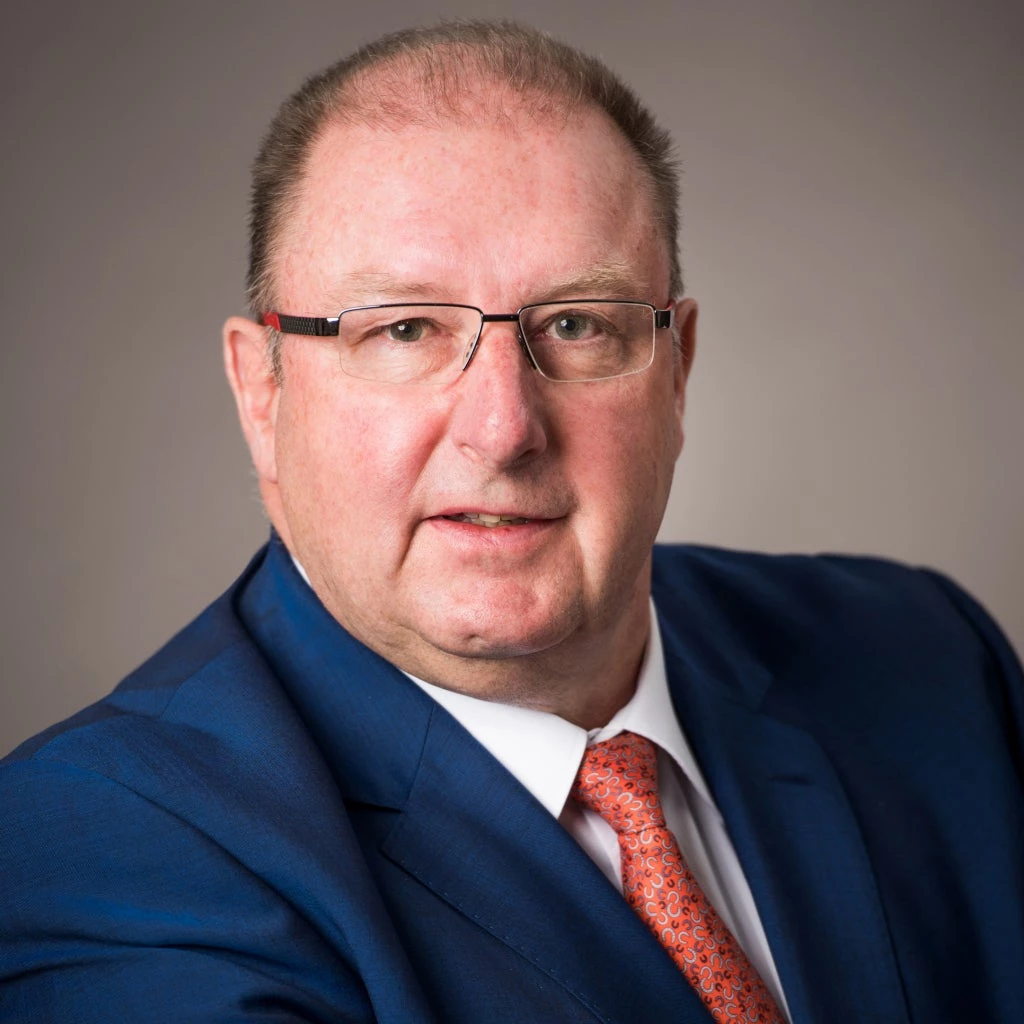
More than 1.5 billion people worldwide live in areas plagued by violence and conflict. According to the UN, women in conflict-ridden countries are disproportionately affected. They are actively targeted as a tactic of war to humiliate, terrorize, punish, or forcibly displace them. In fact, women and girls are disproportionately exposed to sexual violence during conflict. And, as more men die, more women and families are left destitute. The World Bank Group is committed to doing more to prevent this cycle of violence against women, as set out in this IEG report.
Entrepreneurship is an important mechanism to help women rebuild their lives and dignity after conflict and during protracted conflict and crisis situations. Take the example of Chorty a war widow who successfully banded together with other war refugees from South Sudan to open a hair salon in the Democratic Republic of Congo (DRC). According to the UNHCR story, the business is small, but the women are earning money to feed their children and take care of their families. These women are vital role models in their communities and give others hope to rebuild their lives.
The World Bank is hoping to encourage women entrepreneurs in similar settings. For example, in West Bank and Gaza, we are testing a development impact bond to support job creation for 2,000 women and youth. The bond gets private investors to invest their money upfront, and delivery organizations are engaged to ensure that the desired results – women getting jobs – are achieved. If the intervention works, investors get a return on their investment from “outcome funders” (donors).
The International Finance Corporation (IFC)—a member of the World Bank Group—is working with the Bank of Palestine to increase the supply of capital to women-owned SMEs, develop tailored banking products, and offer a “mini -MBA” that combines access to financial products with networking, mentoring, and business information for women entrepreneurs. These efforts have helped women double their revenues and profits, register businesses more successfully, and create jobs.
And women face legal hurdles for business : 104 countries still have laws preventing women from working in specific jobs, 59 countries have no laws on sexual harassment in the workplace, and in 18 countries, husbands can legally prevent their wives from working. Reform is possible. For instance, in the Democratic Republic of Congo (DRC), a new Family Code adopted in 2016 gives women the right to start businesses, open bank accounts, and register a company without their husband’s permission. It also raised the legal marriage age for girls from 15 to 18.
Women are powerful actors for peace and justice. For instance, in Northern Ireland, the Women’s Coalition secured language in the Good Friday Agreement on integrated education and mixed housing—items that were not brought to the table by the main parties to the conflict.
Since women are the main survivors of war, we need to help them “seed” the peace through helping them rebuild their lives.


Join the Conversation